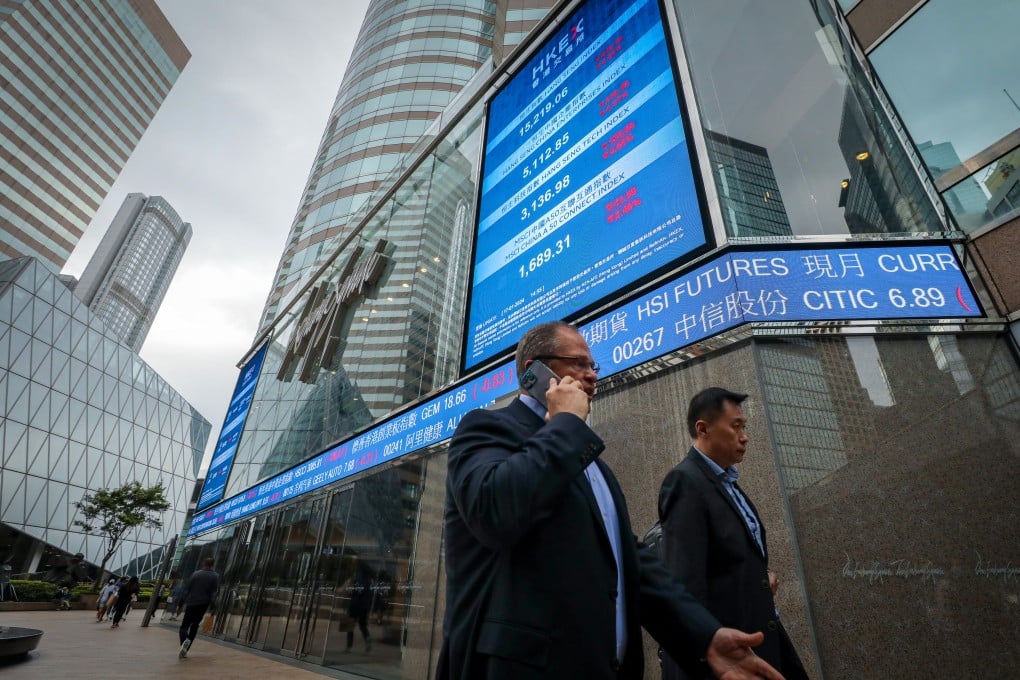Hong Kong stocks erase losses as China rate cut buoys property developers while BYD, EV makers slip amid price war
- China’s commercial lenders made a bigger than expected cut in five-year loan prime rate on Tuesday, a move to spur home purchases
- BYD led losses among Chinese EV makers after a fresh round of price wars threatens to erode profitability

The Hang Seng Index rose 0.6 per cent to 16,247.51 on Tuesday, overturning an earlier drop of as much as 0.6 per cent. The Tech Index erased a 1.6 per cent decline to close with a 0.4 per cent gain, while the Shanghai Composite Index climbed 0.4 per cent.
Longfor surged 3 per cent to HK$9.17, Wharf REIC jumped 3.3 per cent to HK$26.25 while Henderson Land gained 0.9 per cent to HK$21.30 and Sun Hung Kai added 0.9 per cent to HK$72.45.
“There is no shortage of stabilisation measures in place so far, but they have yet to convince the market,” said Gary Ng, senior economist at Natixis. “Investors are seeking more signals from Beijing to get a clearer understanding of future policy directions.”
The cut in the five-year lending rate underscores China’s renewed attempts to stop the multi-year rot in the housing market, a slump triggered by its “three red lines” policy in August 2020 that fanned a record amount of bond defaults among junk-rated developers. Recent official data showed home sales remained sluggish in the new year, while prices sagged.